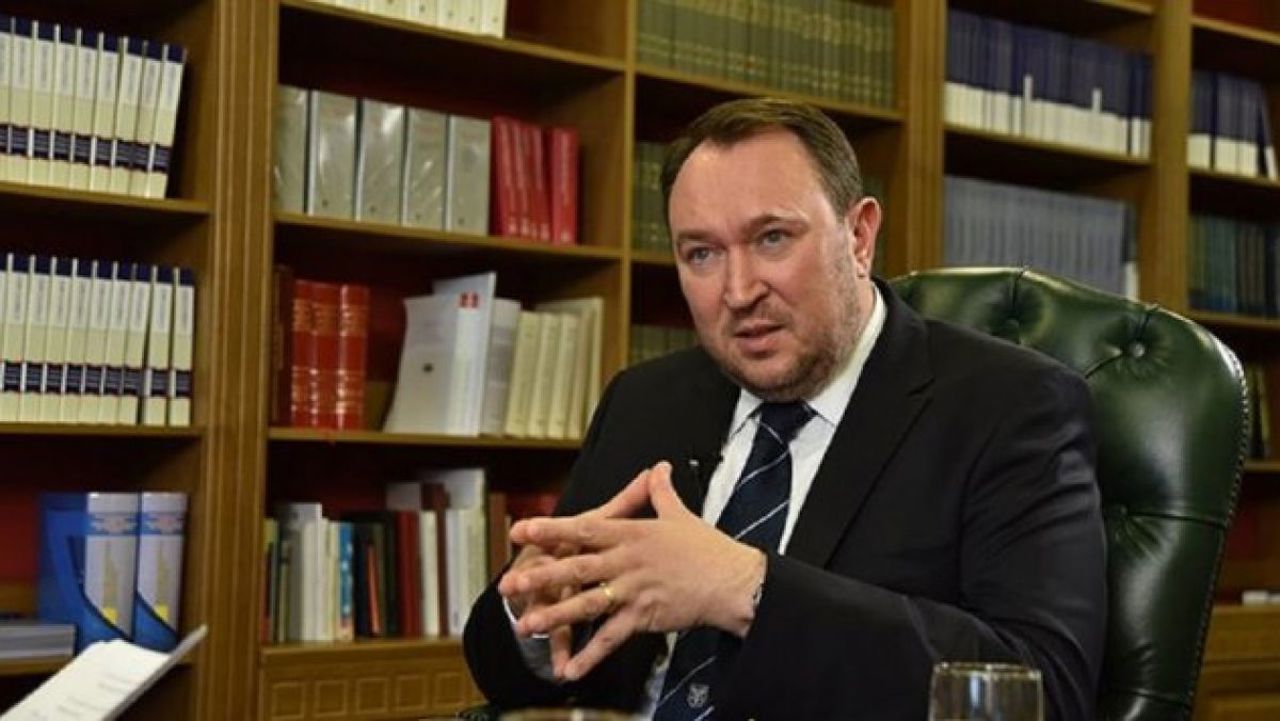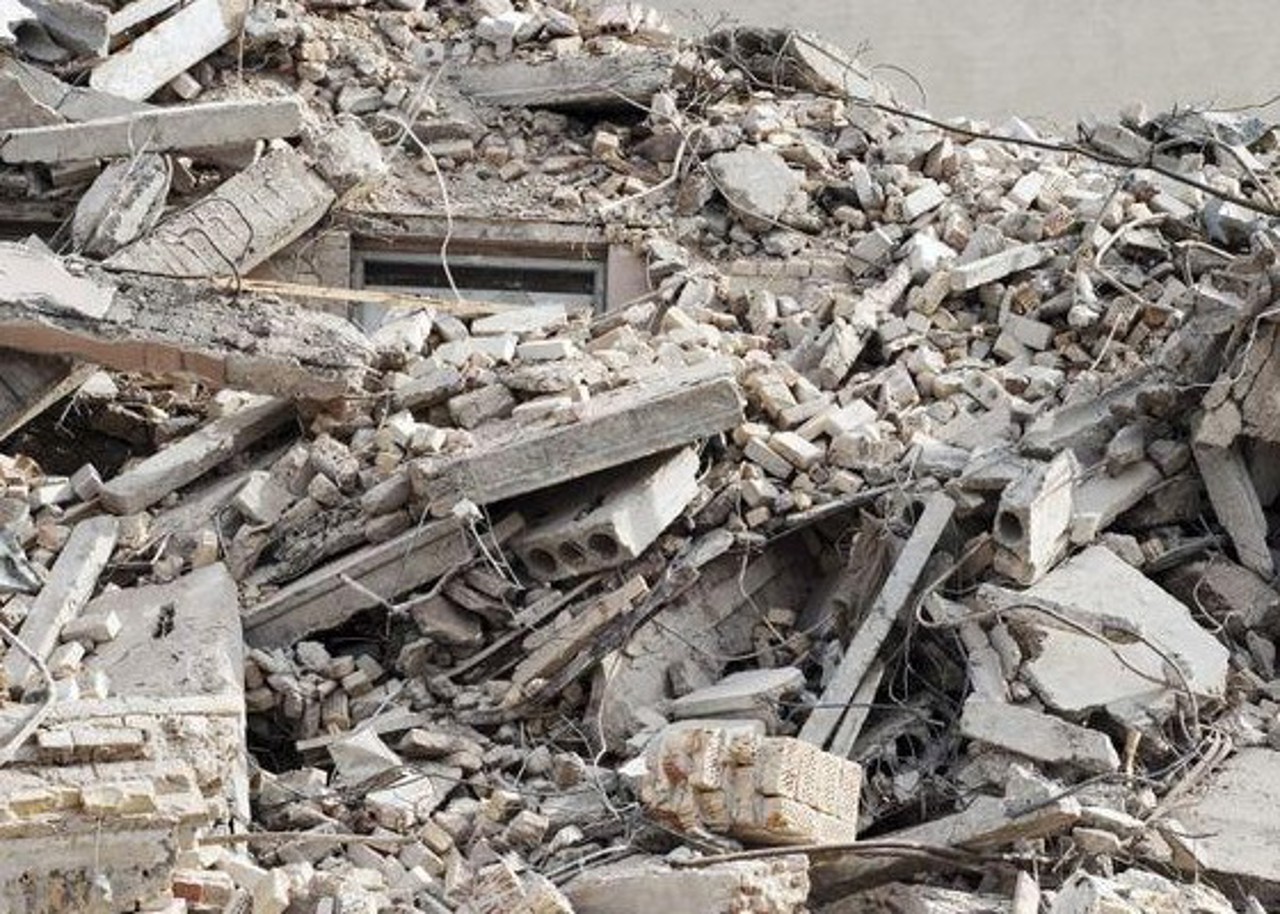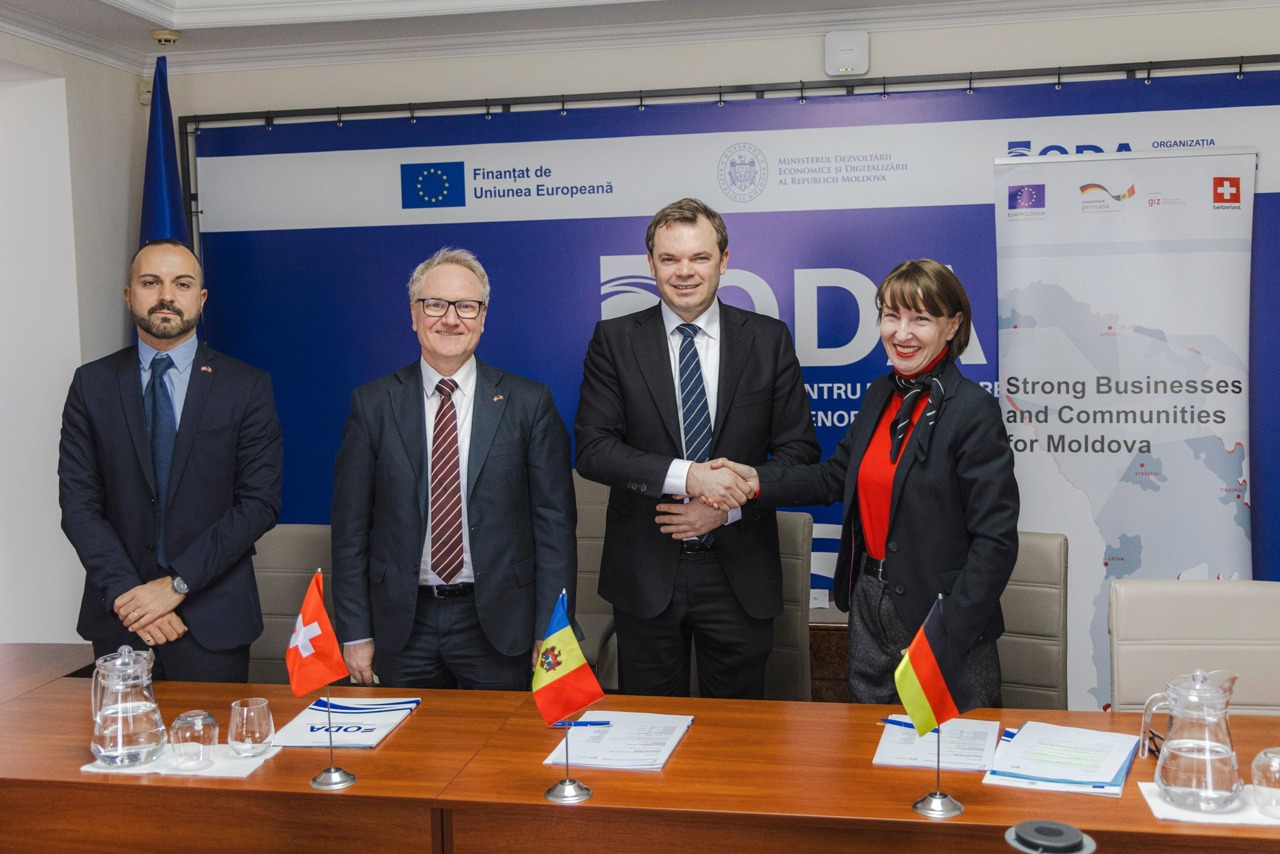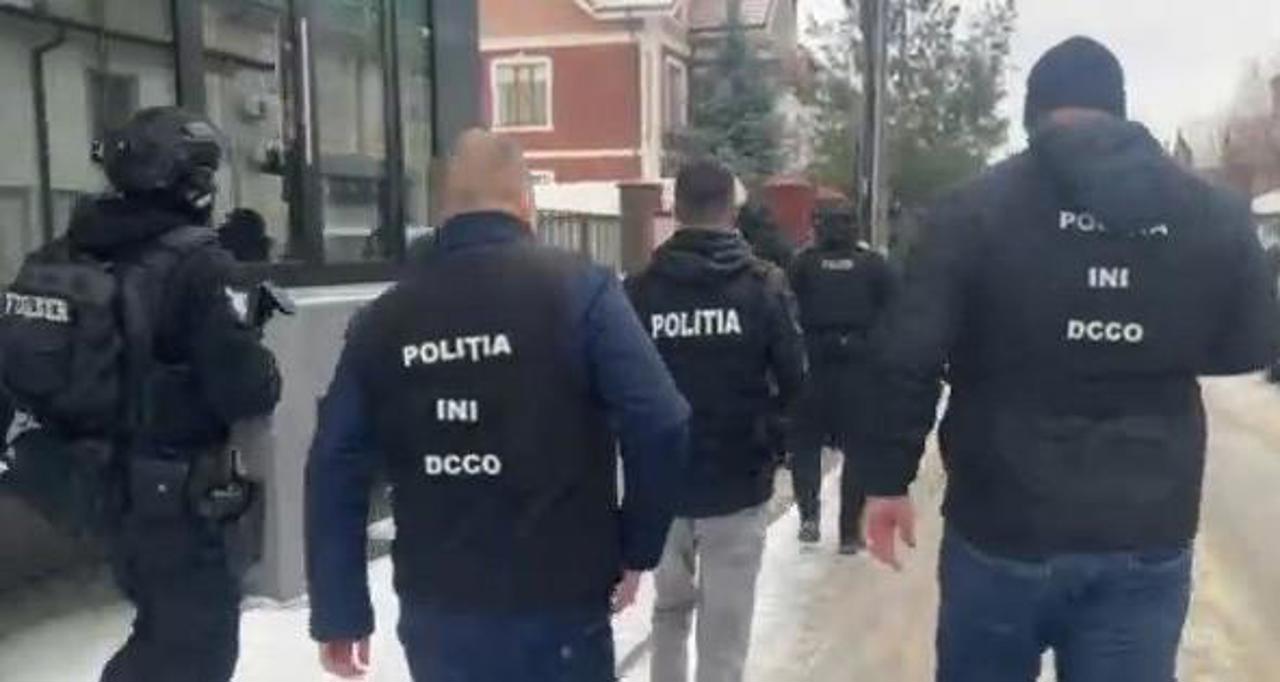Challenges in Moldova's Judicial Reform: Integrity Concerns and European Union Aspirations
The emergence of a letter in the public space, in which the Anti-Corruption Prosecutor's Office (PA) questions the integrity of Commission Vetting and Pre-Vetting member Tatiana Răducanu, is linked to the procedure for verifying the integrity of prosecutors in key positions within the PA.

This opinion comes from the former president of the Constitutional Court, Alexandru Tănase, who stated in a commentary for Radio Moldova that such an exercise had little chance of success.
Tănase remarked, "From what I understand, all judges have received this letter via email. It's a rather unusual occurrence. Of course, it is premature to speculate without having a solid evidential basis to see exactly what was there. But, it is absolutely clear that the publication of this informational bomb is clearly linked to the Vetting procedure. I have seen the arguments of the Anti-Corruption Prosecutor's Office, I cannot say that they are unfounded. The Prosecutor's Office clearly explained why it initiated this case. Apparently, at first glance, there are grounds for such an investigation."
However, Tănase further stated that, based on the situation created, there is an opportunity to reconsider judicial reform fundamentally. He emphasised, "The problem is that in society, it is clear that there is an issue with this reform and I think it is a good opportunity to reconsider it fundamentally, to see exactly where to insist more, what needs to be abandoned, what would be the ways to streamline this verification process, where it needs to go. Maybe it would be good to leave it so that prosecutors are not subjected to the Vetting procedure right now, to take a break in that sense. But it is absolutely clear that the problem needs to be discussed in the most serious manner and it is absolutely clear that the initial conception that was at the base of this reform no longer has support, it is compromised."
Carrying out major reforms, such as judicial reform, cannot happen without considerable public support, Tănase added.
"Justice is not reformed through administrative tools; justice is reformed based on public consensus between society, power, and opposition parties, so that the independence of justice is not affected. Now, what happened certainly puts an end to this whole beautiful story about judicial reform, especially since there was also the scandal with the president of the Vetting commission. Especially since, from what I understand, another member from Italy is about to resign or has already resigned, who was the judge from Italy."
The former judge at the Supreme Court believes that judicial reform, as initially conceived, can no longer be continued, as he says, there is no moral or political resource.
"From another perspective, a solution must be found, as the courts, the Courts of Appeal, are empty, there are no judges, no one wants to apply for the position of prosecutor general (...). It is absolutely abnormal to change three interim prosecutor generals after 4 years, to cheat all public competitions."
The integrity of the justice sector or the reform of justice represents one of the constant commitments of the Republic of Moldova in the context of negotiations with development partners, being found in most national policy documents.
Moreover, the restructuring of the judiciary sector represents one of the most ambitious commitments undertaken by our country on the path to accession to the European Union. In its Opinion on the Republic of Moldova's application for EU membership, the European Commission identified nine recommendations that must be implemented to continue the accession process, with judicial reform being among them.
The process of reforming justice today is promoted, appreciated, and supported by some, rejected and contested by others, and less understood and felt by a third category of society.
However, European officials state that Moldova could begin accession negotiations with the European Union in June of this year. In some chapters, negotiations could take longer, even years. On the other hand, on others, the process will proceed more rapidly, stated European Deputy Siegfried Mureșan in an exclusive interview with Radio Moldova. Regarding judicial reform - one of the most ambitious commitments undertaken by the Republic of Moldova on the path to accession to the European Union - Mureșan stated that it will be achieved, "even if the oligarchs who seized the state in the past do not want it."
Key elements of judicial reform are Vetting and Pre-Vetting.
Pre-Vetting is the initial stage preceding the evaluation of all judges and prosecutors. Pre-Vetting involves verifying the integrity of judges, prosecutors, and professionals applying for positions in the Superior Council of Magistracy (CSM), Superior Council of Prosecutors (CSP), and the Boards within these Councils. This exercise is voluntary but becomes mandatory only for candidates entering competitions for membership in the CSM, CSP, or the Boards of these Councils. In case of failure of the evaluation, the only consequence for the candidate is exclusion from the competition.
Vetting is the subsequent stage and refers to the integrity verification of sitting judges of the Supreme Court of Justice (CSJ) and candidates for the position of CSJ judge, judges of the Courts of Appeal, and presidents and vice-presidents of district courts. Vetting also involves verifying the integrity of prosecutors in key positions within the General Prosecutor's Office, prosecutors from the Anti-Corruption Prosecutor's Office, and the Prosecutor's Office for Combating Organized Crime and Special Cases (PCCOCS), as well as chief prosecutors and their deputies from territorial prosecutor's offices.
Translation by Iurie Tataru





